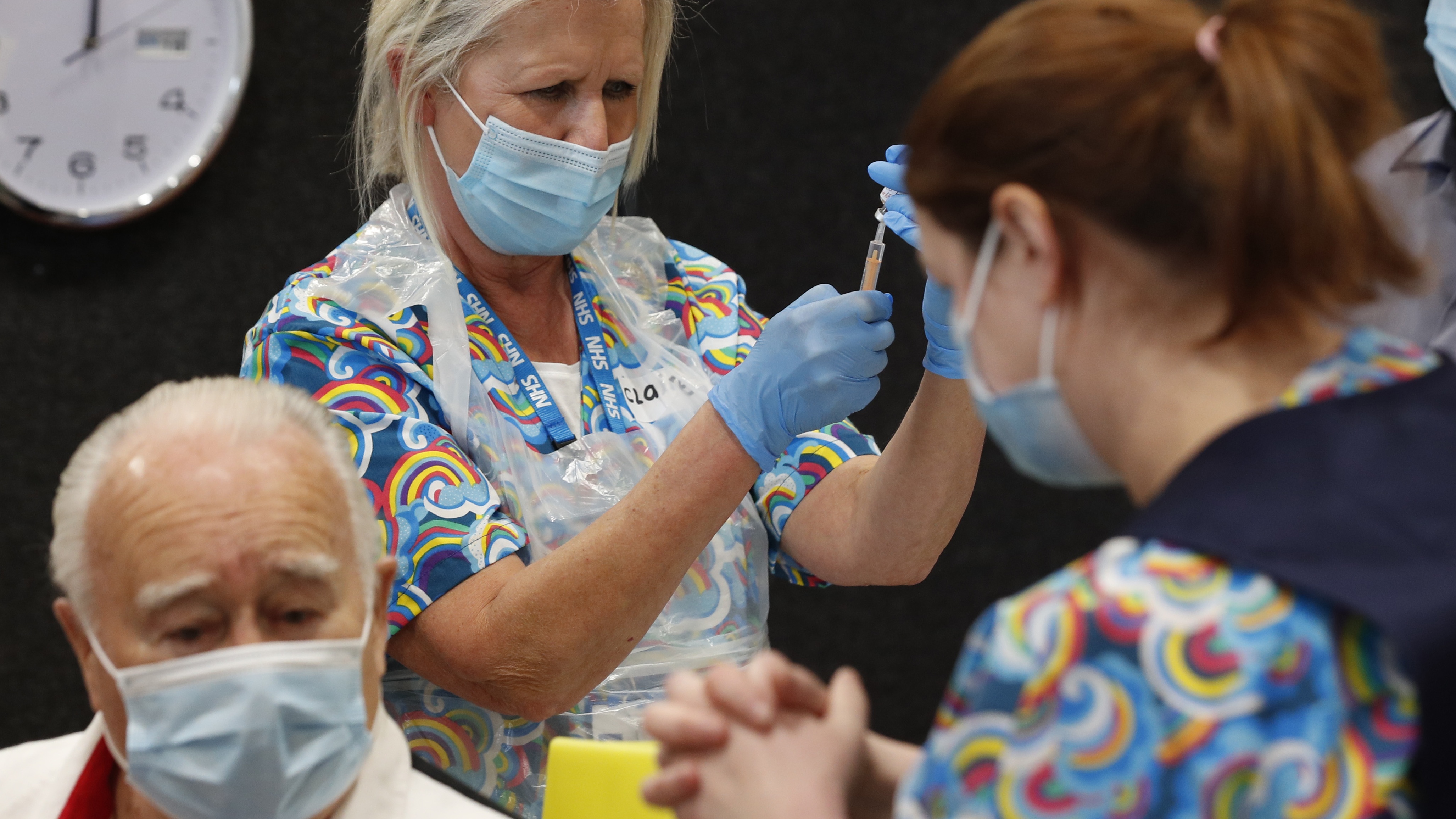Herd immunity: only one in ten Brits had Covid-19 antibodies by December
New ONS data shows that majority of population are still at risk of infection

A free daily email with the biggest news stories of the day – and the best features from TheWeek.com
You are now subscribed
Your newsletter sign-up was successful
The number of people in the UK testing positive for Covid-19 antibodies is not rising quickly enough for natural herd immunity to develop, new data from the Office for National Statistics suggests.
An estimated one in ten people had immunity against the coronavirus in December, according to latest infection survey figures.
In October, antibody positivity - which indicates past infection with the virus - ranged from 2% to 7% across Britain. By last month, those totals had risen to 12% in England, 10% in Wales, 9% in Scotland and 8% in Northern Ireland
The Week
Escape your echo chamber. Get the facts behind the news, plus analysis from multiple perspectives.

Sign up for The Week's Free Newsletters
From our morning news briefing to a weekly Good News Newsletter, get the best of The Week delivered directly to your inbox.
From our morning news briefing to a weekly Good News Newsletter, get the best of The Week delivered directly to your inbox.
But in a blow to advocates of herd immunity, experts say that antibodies are still a long way from being widespread enough to lower infection rates.
A study published by John Hopkins University last year found that to reach herd immunity for Covid-19, around 70% or more of the population would need to have antibodies.
“In addition, while having antibodies can offer protection against reinfection, it is not yet known what levels are needed to reduce the chance of getting Covid again,” says The Guardian.
And antibody levels decline over time, so infection may not provide long-term protection.
A free daily email with the biggest news stories of the day – and the best features from TheWeek.com
Professor Danny Altmann, an immunologist at Imperial College London who was not involved in the ONS survey, told the newspaper that “this is a dynamic picture - many who were infected during the March-April peak may no longer appear positive”.
Echoing warnings from other specialists, Altmann said that the number of people in the UK with antibodies was “not rising quickly, meaning natural herd immunity had not developed and that vaccines remained crucial to tackling the disease”, The Guardian adds.
Chas Newkey-Burden has been part of The Week Digital team for more than a decade and a journalist for 25 years, starting out on the irreverent football weekly 90 Minutes, before moving to lifestyle magazines Loaded and Attitude. He was a columnist for The Big Issue and landed a world exclusive with David Beckham that became the weekly magazine’s bestselling issue. He now writes regularly for The Guardian, The Telegraph, The Independent, Metro, FourFourTwo and the i new site. He is also the author of a number of non-fiction books.